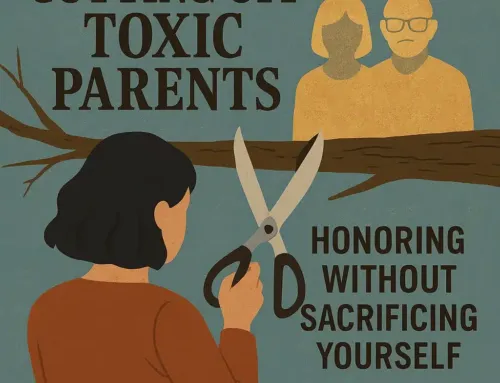
Approx. read time: 3.5 min.
Post: Canada Increases Visas for Gazans Amid Ongoing Conflict: A Humanitarian Response
Canada’s Response to the Gaza Crisis: An Analysis
Before the recent escalation of violence, there wasn’t a notable influx of Gazans seeking refuge in Canada. This issue was relatively non-existent. However, the current conflict has drastically changed the landscape, prompting Canada to reconsider its stance on immigration from the region.
Canada’s New Visa Policy for Gazans
In a significant policy shift, Canada has pledged to issue more visas for Gazans, a decision driven by its reaction to a devastating Israeli airstrike in Rafah. Immigration, Refugees and Citizenship Minister Marc Miller announced on Monday that Canada would increase its visa allocation for Gazans to 5,000, a substantial rise from the initially promised 1,000 temporary resident visas under a special program announced in December.
This decision came after an Israeli airstrike caused a blaze in a tent camp in Rafah, resulting in 45 deaths and drawing condemnation from global leaders, including Canada. Foreign Minister Mélanie Joly expressed Canada’s horror at the civilian casualties and called for an immediate ceasefire, reflecting the global outcry against the ongoing violence.
The Rationale Behind Canada’s Decision
The new visa cap is intended for relatives of Canadians living in Gaza. This move is part of Canada’s broader humanitarian response to the crisis, acknowledging the dire conditions faced by civilians in Gaza. Minister Miller highlighted that while the current situation makes movement out of Gaza impossible, the increased visa allocation is a preparedness measure for when conditions allow safe passage.
To date, 448 Gazans have been issued temporary visas, including 254 under policies unrelated to the special visa program. Out of these, 41 individuals have already arrived in Canada, indicating the logistical and procedural challenges that lie ahead.
The Humanitarian Crisis in Gaza
The conflict in Gaza has led to significant civilian casualties and displacement. According to Gaza’s local health ministry, nearly 36,000 Palestinians have died, and approximately 1.7 million people—over 75% of Gaza’s population—have been displaced. This humanitarian crisis has garnered international attention and criticism.
Israel’s military campaign, aimed at eliminating Hamas, has been marked by significant collateral damage. The Rafah strike, which was not intended to cause civilian casualties, according to Israeli Prime Minister Benjamin Netanyahu, highlights the tragic consequences of the conflict. The Israeli military is currently investigating the incident to understand what went wrong.
Canada’s Stance and Global Reactions
Canada’s response to the Rafah airstrike reflects its broader stance on the Israeli-Palestinian conflict. Foreign Minister Mélanie Joly stated, “We are horrified by strikes that killed Palestinian civilians in Rafah,” underscoring Canada’s condemnation of actions leading to civilian harm. Canada has joined global calls for an immediate ceasefire and urged Israel to halt its military operations in Gaza.
This response aligns with the international community’s growing demand for de-escalation and humanitarian assistance. The displacement and casualties in Gaza have highlighted the urgent need for a peaceful resolution to the conflict and robust support for affected civilians.
Conclusion
Canada’s decision to increase visa allocations for Gazans marks a significant shift in its immigration policy, driven by the humanitarian crisis unfolding in the region. While the practical implementation of this policy faces challenges, it underscores Canada’s commitment to supporting civilians in conflict zones. As the situation evolves, Canada’s readiness to adapt its response will be crucial in providing much-needed relief to those affected by the Gaza conflict.
Before the war, there wasn’t a significant number of Gazans seeking refuge in Canada, and this issue was practically non-existent. It’s important to remember that terrorists often hide among civilians for protection. Now, with the increased danger for these terrorists, we must consider: Is it wise for Canada to welcome Gazans? How does this impact Canada’s security? Are we thoroughly vetting these individuals?










